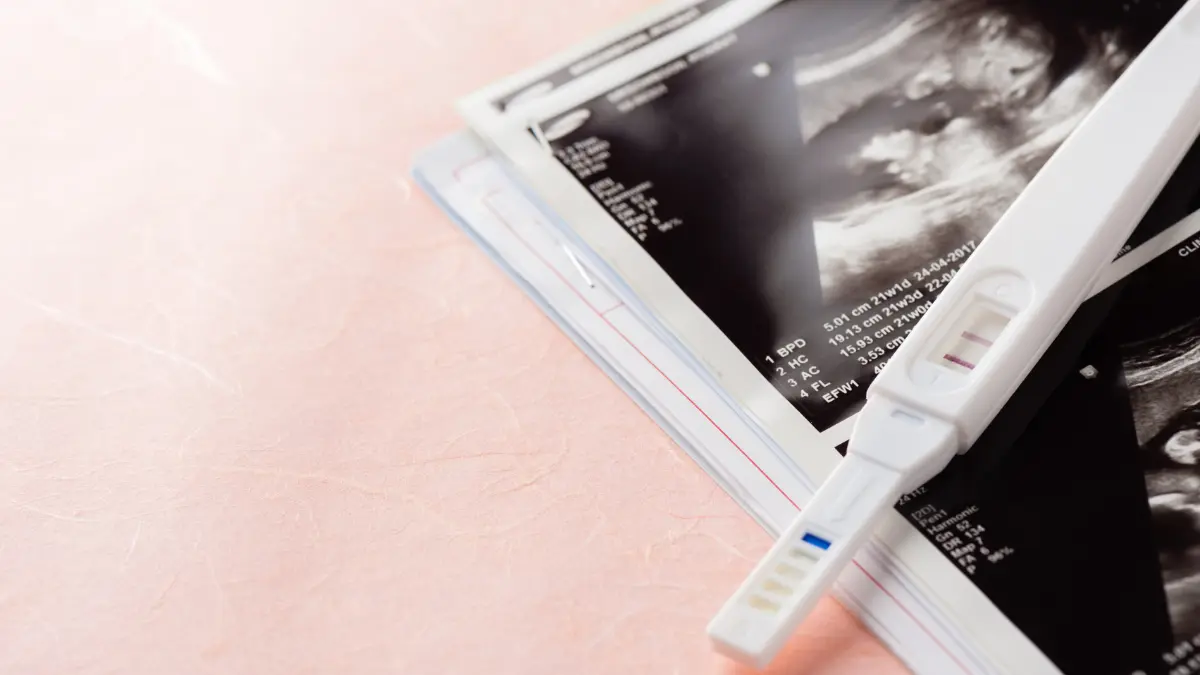How Early Did You Get a Positive Pregnancy Test with PCOS?
For women with PCOS, detecting early signs of pregnancy can be an elusive and perplexing task, as hormonal imbalances can mask the typical symptoms of conception.
As such, the ability to obtain a positive pregnancy test with PCOS may vary significantly from that of women without the condition.
This intriguing topic delves into women’s challenges with PCOS when attempting to ascertain early pregnancy.
Exploring the scientific mechanisms behind the delay in positive test results and the possible strategies that may aid in early detection.
Unraveling this aspect is vital to empower women with PCOS on their journey to motherhood and promote better understanding and support for their unique experiences.
Understanding the delay
We must examine how her hormones work to understand why PCOS makes it harder to tell if a woman is pregnant.
Higher amounts of Androgens (male hormones) and Insulin resistance are signs of PCOS.
These factors disrupt the delicate balance of reproductive hormones needed for ovulation and regular menstrual cycles.
Because of this, women with PCOS may have longer cycles, periods that come and go, and anovulation, which means they don’t ovulate.
Challenges in early detection

PCOS causes problems that make it hard to predict when ovulation will happen. This makes it hard to know about the conception.
After implantation in a regular monthly cycle, a woman’s body makes the human chorionic gonadotropin (hCG) hormone, which is needed for a pregnancy test to be positive.
However, with irregular cycles and potentially delayed ovulation, the timing of hCG production can be delayed.
It causes a delay in obtaining a positive pregnancy test result.
Timing is key
The timing of pregnancy testing plays a crucial role for women with PCOS.
Since PCOS can lead to delayed ovulation, waiting for a sufficient period after a missed period before testing is essential.
Most of the time, it’s best to wait at least a week after a missed period to get more accurate results.
Alternative approaches for early detection
While traditional urine-based pregnancy tests rely on detecting hCG in urine, women with PCOS may explore alternative methods for early detection.
Even in the early stages of pregnancy, blood tests may be more accurate because they are more sensitive and can pick up on lower amounts of hCG.
Talking to a doctor and asking about the possibility of blood tests can give you helpful information and help you deal with the problems caused by PCOS.
Seeking support and guidance
Becoming a parent can be hard on the body and the mind, especially for women with PCOS.
People with PCOS need help and advice from doctors, fertility experts, or support groups made just for them.
These tools can give you personalized advice, plans, and emotional support to help you deal with the unique challenges of figuring out you’re pregnant and getting pregnant.
Conclusion
Due to hormonal imbalances and irregular menstrual patterns, PCOS can make it hard to determine if you are pregnant early.
Understanding the problems women with PCOS face is essential if you want to manage your goals and use the correct methods for early detection.
Women with PCOS can make it easier to find out if they are pregnant by getting help from a professional, being patient, and looking into other testing methods.
This will help them start their road toward motherhood with support.
Remember that you are not alone and that your dreams of having a family can come true with the right help.
Frequently Asked Questions
How do I know I’m pregnant if I have PCOS?
Due to unpredictable cycles, it can be hard to tell if you are pregnant or have PCOS. The most effective way to determine pregnancy is to take a pregnancy test or talk to a doctor.
Does it take longer to get a positive pregnancy test with PCOS?
Yes, getting a good pregnancy test can take longer if you have PCOS. Women with PCOS have irregular periods and delayed ovulation, which can further delay the production of the hormone (hCG) needed for a good pregnancy test.
Is it hard to tell if you’re pregnant with PCOS?
Yes, if you have PCOS, it can be hard to tell whether you’re pregnant. Due to hormonal changes and irregular cycles, people with PCOS may find it hard to recognize pregnancy’s usual signs and symptoms. This may require more tests or a visit to a doctor.
Can PCOS cause a faint line on pregnancy test?
PCOS could cause a weak line on a pregnancy test. Because PCOS can cause hormonal changes, the pregnancy hormone (hCG) levels may be lower, making the line on the test less clear or faint.
WowRx uses only high-quality sources while writing our articles. Please read our content information policy to know more about how we keep our content reliable and trustworthy.






